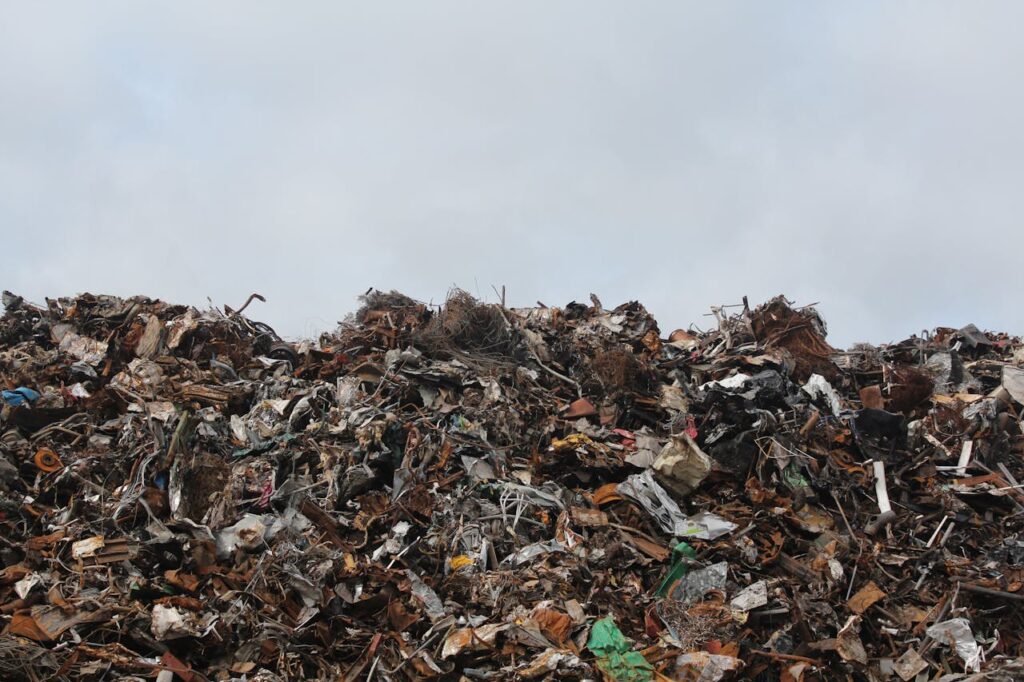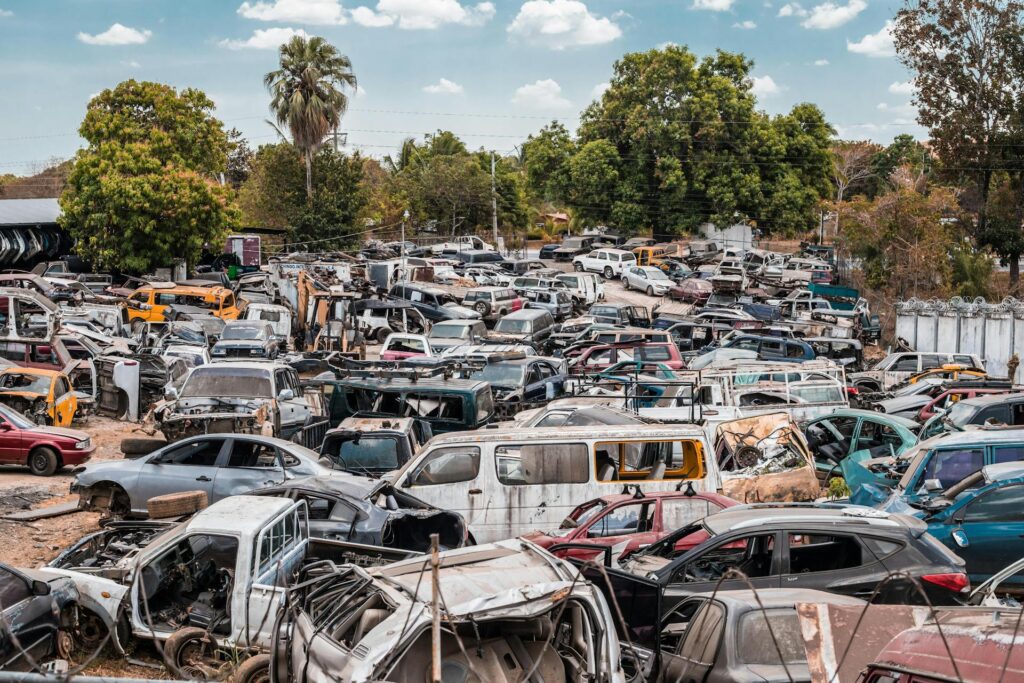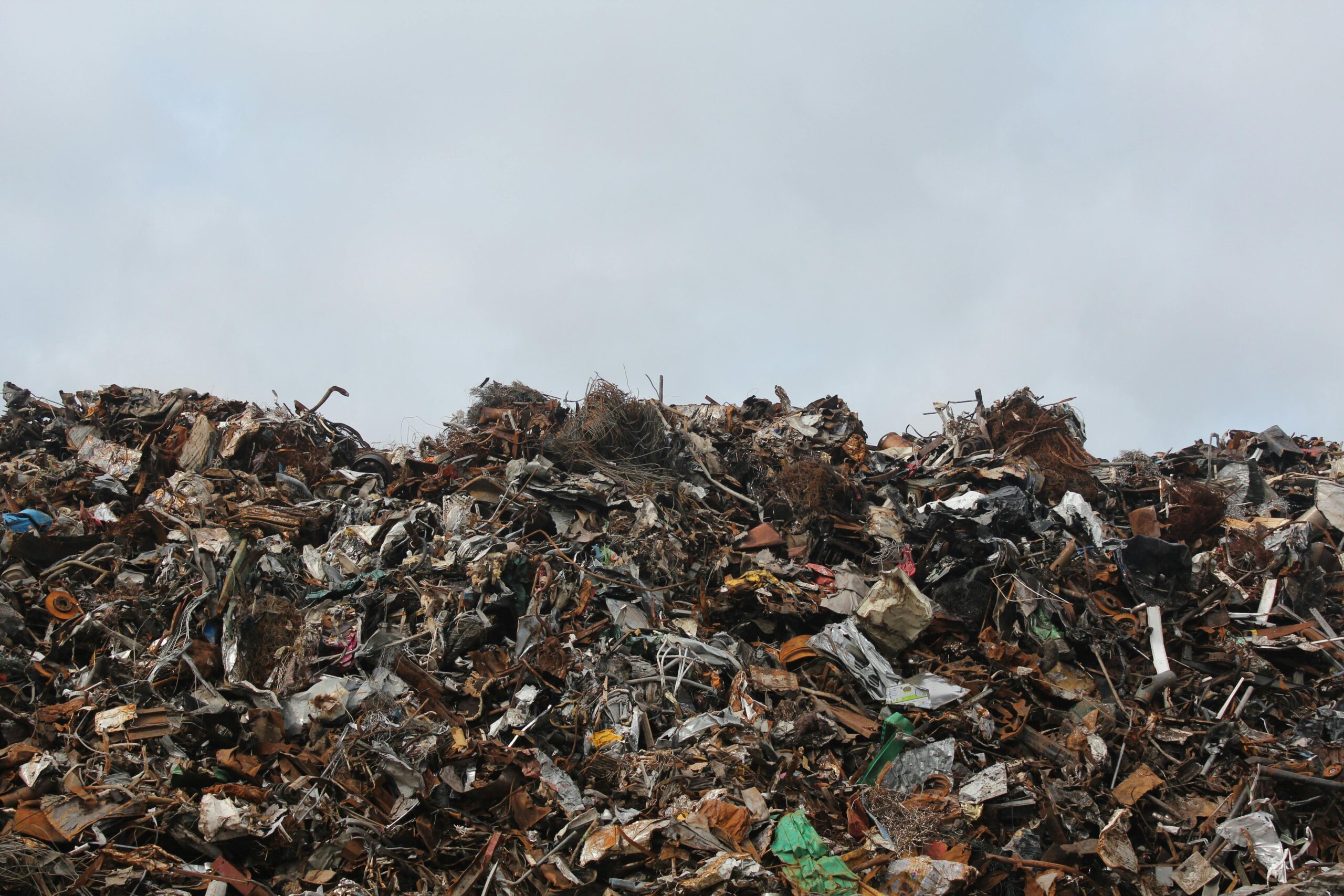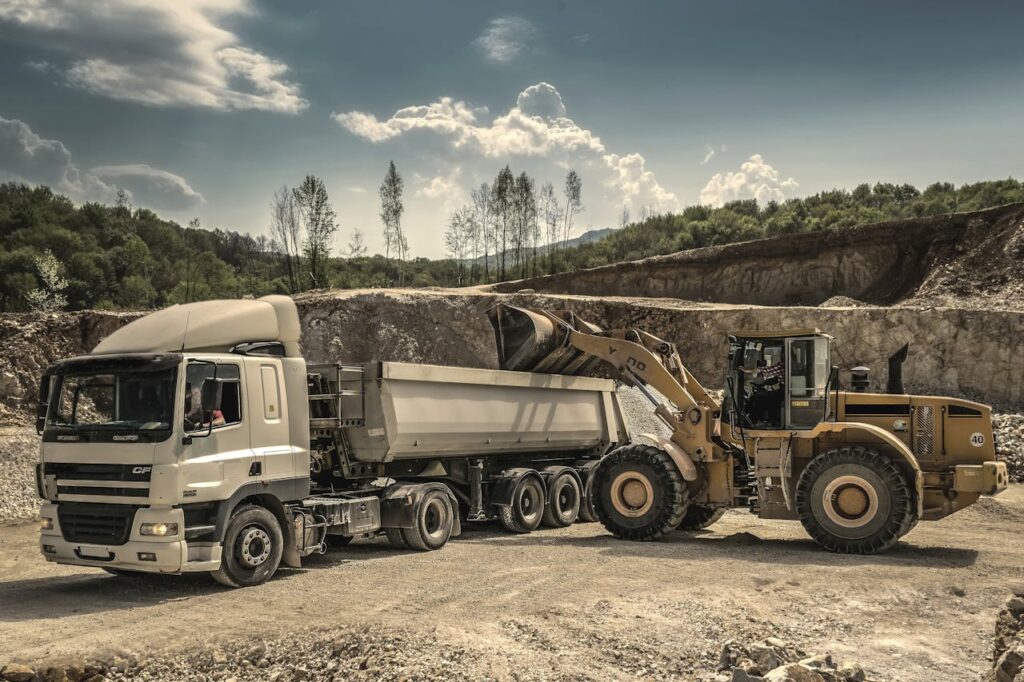Selling a used lorry
Selling a used lorry can be a daunting task, but with the right approach, you can maximize your chances of securing a great deal. Whether you’re upgrading to a newer model or simply looking to offload an old vehicle, these top tips will guide you through the process, ensuring a smooth and profitable transaction.

1. Prepare Your Lorry for Sale
The first step in selling your used lorry is to ensure it is in the best possible condition. A well-maintained vehicle not only attracts more buyers but also allows you to command a higher price.
- Clean Inside and Out: A thorough cleaning can make a significant difference in your lorry’s appeal. Wash the exterior, wax the body, and clean the wheels and windows. Inside, vacuum the carpets, clean the seats, and wipe down all surfaces.
- Minor Repairs and Maintenance: Address any minor issues such as replacing burnt-out bulbs, fixing small dents, and topping up fluids. Consider having a mechanic inspect your lorry to ensure it’s in good working order.
2. Gather Important Documents
Having all the necessary paperwork ready can streamline the selling process and build trust with potential buyers.
- Vehicle History Report: Obtain a comprehensive vehicle history report that includes information on past owners, accident history, and maintenance records.
- Service Records: Compile all service and maintenance records. This demonstrates that the lorry has been well cared for and can reassure buyers.
- Ownership Documents: Ensure you have the title and any other relevant ownership documents ready for transfer.
3. Set the Right Price
Pricing your lorry correctly is crucial to attracting buyers and closing a sale. Setting the price too high can deter potential buyers, while pricing it too low can result in a financial loss.
- Research Market Value: Use online resources like automotive marketplaces and valuation tools to determine the fair market value of your lorry. Consider factors such as age, mileage, condition, and model.
- Competitive Pricing: Check out similar listings in your area to see what other sellers are asking for comparable lorries. Aim to price your lorry competitively to attract more interest.
4. Advertise Effectively
A well-crafted advertisement can make all the difference in attracting potential buyers. Use multiple platforms to reach a wider audience.
- Online Listings: Post your lorry on popular automotive websites. Include detailed information, clear photos, and contact details.
- Social Media: Leverage social media platforms to share your listing with friends, family, and local groups. Use relevant hashtags and engage with potential buyers.
- Local Classifieds: Don’t overlook traditional methods like local newspaper classifieds and bulletin boards.
5. Craft a Compelling Listing
Your listing should provide all the necessary information and showcase your lorry in the best light. Here’s what to include:
- High-Quality Photos: Take clear, well-lit photos from multiple angles, including the exterior, interior, engine, and any unique features. Highlight any upgrades or modifications.
- Detailed Description: Write a thorough description that includes the make, model, year, mileage, condition, and any notable features or upgrades. Be honest about the condition to avoid surprises during viewings.
- Contact Information: Provide clear contact details and preferred methods of communication. Be responsive to inquiries and questions.
6. Negotiate Smartly
Effective negotiation skills can help you achieve a better price for your lorry. Be prepared to negotiate and know your bottom line.
- Be Firm but Fair: Start with a price slightly above your minimum acceptable price to leave room for negotiation. Be willing to compromise, but don’t undervalue your lorry.
- Know Your Bottom Line: Determine the lowest price you’re willing to accept before negotiations begin. This will help you stay focused and avoid making hasty decisions.
- Highlight Value: Emphasize the positive aspects of your lorry, such as its maintenance history, recent upgrades, or any warranties that are still valid.
7. Handle Viewings and Test Drives
Allowing potential buyers to view and test drive your lorry is an important step in the selling process. Ensure these interactions are safe and productive.
- Schedule Viewings: Arrange viewings at a convenient time and location. If possible, choose a public place for safety reasons.
- Test Drive Protocol: Before allowing a test drive, check the buyer’s driver’s license and insurance. Accompany them during the test drive to answer any questions and ensure the vehicle is handled properly.
- Stay Safe: Always prioritize your safety. Bring a friend or family member along during viewings and test drives, and trust your instincts if something feels off.
8. Finalize the Sale
Once you’ve found a buyer and agreed on a price, it’s time to finalize the sale. Make sure all legal and financial aspects are properly handled.
- Payment Method: Agree on a secure payment method. Cash, bank transfer, or a certified check are common options. Avoid personal checks or unconventional payment methods.
- Bill of Sale: Create a bill of sale that includes the buyer’s and seller’s information, the vehicle details, the sale price, and the date of sale. Both parties should sign and keep a copy.
- Transfer Ownership: Complete the necessary paperwork to transfer ownership legally. Notify your local DMV or equivalent authority and cancel your insurance.
9. Post-Sale Follow-Up
After the sale, take a few additional steps to wrap up the process.
- Cancel Insurance: Inform your insurance company that you’ve sold the lorry and cancel your policy or transfer it to a new vehicle.
- Notify Authorities: Depending on local regulations, you may need to notify the DMV or equivalent authority about the sale.
- Follow-Up: Check in with the buyer after a few days to ensure they are satisfied with their purchase. Positive feedback can enhance your reputation if you plan to sell other vehicles in the future.
Conclusion
Selling your used lorry can be a straightforward and profitable experience if you follow these top tips. By preparing your vehicle, setting a fair price, advertising effectively, and handling negotiations and transactions professionally, you can attract serious buyers and achieve a successful sale.




